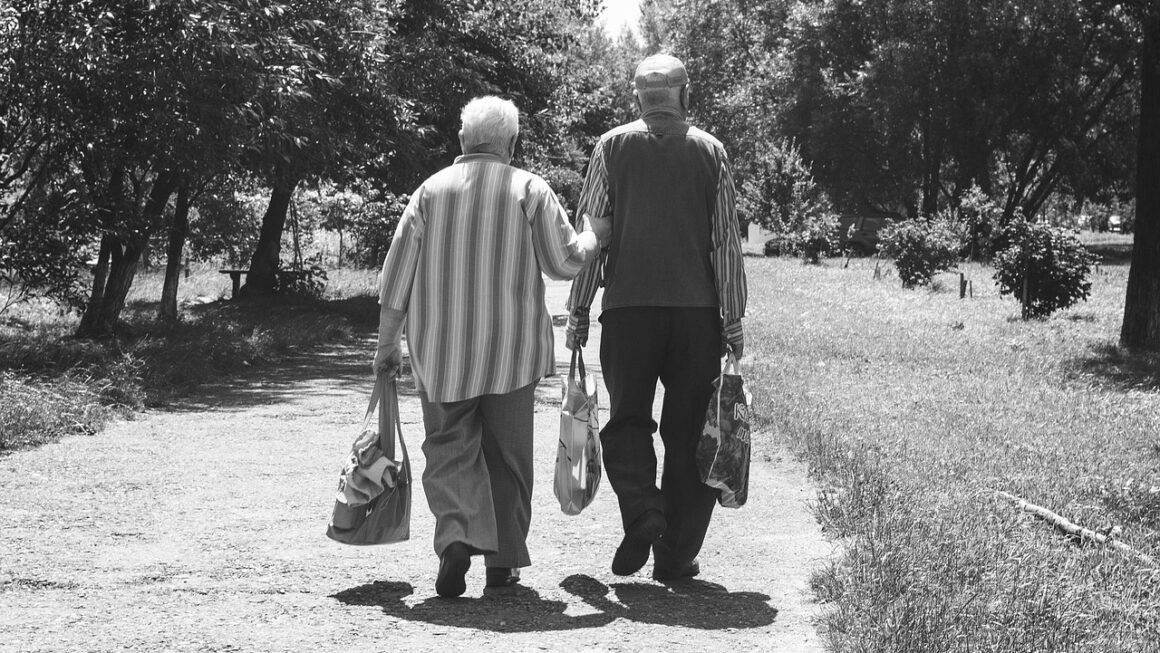Self-reflection is a powerful tool for personal growth and self-awareness. It’s the process of examining your thoughts, feelings, and actions to gain a deeper understanding of yourself and your experiences. By engaging in regular self-reflection exercises, you can identify areas for improvement, clarify your values, and make more intentional choices in your life. This article will explore various self-reflection exercises you can incorporate into your routine to enhance your personal and professional development.
The Importance of Self-Reflection
Why Self-Reflection Matters
Self-reflection isn’t just navel-gazing; it’s a critical component of personal development. It allows you to understand your patterns of behavior, identify your strengths and weaknesses, and gain insights into your motivations and values. According to research, individuals who engage in regular self-reflection tend to experience higher levels of happiness, life satisfaction, and career success.
- Increased Self-Awareness: Understanding your thoughts and emotions.
- Improved Decision-Making: Making choices aligned with your values.
- Enhanced Emotional Intelligence: Recognizing and managing your emotions effectively.
- Greater Resilience: Bouncing back from setbacks and challenges.
- Personal Growth: Continuously evolving and improving as an individual.
Making Time for Reflection
In today’s fast-paced world, it’s easy to get caught up in the hustle and bustle of daily life and forget to pause and reflect. However, carving out time for self-reflection, even if it’s just for a few minutes each day, can have a profound impact on your well-being. Schedule it like any other important appointment and treat it with the same level of commitment.
- Morning Routine: Dedicate 10-15 minutes for journaling or meditation.
- Evening Review: Reflect on the day’s events and lessons learned before bed.
- Weekly Review: Spend an hour each week reviewing your progress towards your goals.
- Quarterly Retreat: Schedule a day or weekend for deeper self-exploration and planning.
Journaling for Self-Discovery
The Power of the Written Word
Journaling is one of the most effective self-reflection exercises. It provides a safe and private space to explore your thoughts, feelings, and experiences without judgment. By writing down your reflections, you can gain clarity, identify patterns, and track your progress over time.
- Free Writing: Write whatever comes to mind without worrying about grammar or structure.
Example: “Today I felt frustrated during the meeting because I felt like my ideas weren’t being heard. Maybe next time I should…”
- Prompt-Based Journaling: Use specific prompts to guide your reflections.
Example prompts: “What are you grateful for today?”, “What are your biggest fears?”, “What are your core values?”
- Gratitude Journaling: Focus on the things you’re thankful for to cultivate positivity.
Example: “I’m grateful for my supportive family, my health, and the opportunity to learn and grow every day.”
- Goal-Oriented Journaling: Track your progress towards your goals and identify obstacles.
Example: “This week I aimed to exercise 3 times. I only managed 2, but I can improve next week by scheduling my workouts in advance.”
Practical Journaling Tips
- Find a Quiet Space: Choose a comfortable and distraction-free environment.
- Be Consistent: Set a regular time for journaling each day or week.
- Don’t Judge Yourself: Write freely without worrying about perfection.
- Review Your Entries: Periodically revisit your journal entries to track your progress and identify patterns.
Meditation and Mindfulness Practices
Cultivating Inner Awareness
Meditation and mindfulness practices are powerful tools for cultivating inner awareness and gaining a deeper understanding of your thoughts and emotions. By focusing on the present moment, you can learn to observe your thoughts without judgment and develop a greater sense of peace and clarity.
- Mindfulness Meditation: Focus on your breath or other sensations in the present moment.
Example: Sit comfortably, close your eyes, and focus on the sensation of your breath entering and leaving your body. When your mind wanders, gently redirect your attention back to your breath.
- Walking Meditation: Pay attention to the sensations of your body as you walk.
Example: Notice the feeling of your feet touching the ground, the movement of your arms, and the sounds around you.
- Body Scan Meditation: Bring awareness to different parts of your body, noticing any sensations without judgment.
* Example: Start with your toes and gradually move your attention up your body, noticing any sensations of tension, relaxation, or discomfort.
Benefits of Meditation and Mindfulness
- Reduced Stress and Anxiety: Calming the mind and body.
- Improved Focus and Concentration: Enhancing cognitive performance.
- Increased Emotional Regulation: Managing emotions effectively.
- Greater Self-Awareness: Understanding your thoughts and feelings.
Seeking Feedback from Others
The Value of External Perspectives
While self-reflection is primarily an internal process, seeking feedback from others can provide valuable external perspectives and help you identify blind spots. Constructive criticism can be challenging to hear, but it can also be incredibly helpful for personal growth.
- 360-Degree Feedback: Gather feedback from supervisors, peers, and subordinates.
- Mentorship: Seek guidance and advice from a trusted mentor.
- Peer Review: Ask colleagues to provide feedback on your work.
- Family and Friends: Solicit feedback from loved ones about your behavior and relationships.
Giving and Receiving Feedback Effectively
- Be Specific: Provide concrete examples to illustrate your points.
- Focus on Behavior: Critique actions rather than personal traits.
- Be Respectful: Deliver feedback with empathy and compassion.
- Be Open to Feedback: Listen attentively and consider different perspectives.
- Ask Clarifying Questions: Seek clarification if you don’t understand something.
Reviewing Past Experiences
Learning from the Past
Reflecting on past experiences, both positive and negative, can provide valuable insights into your patterns of behavior and help you make better choices in the future. It’s not about dwelling on the past, but rather learning from it and using it as a stepping stone for personal growth.
- Reflect on Successes: Identify the factors that contributed to your accomplishments.
- Analyze Failures: Understand what went wrong and how you can avoid similar mistakes in the future.
- Identify Recurring Patterns: Recognize patterns of behavior that may be holding you back.
- Celebrate Milestones: Acknowledge and celebrate your achievements along the way.
Questions to Ask Yourself
- What did I learn from this experience?
- What could I have done differently?
- How can I apply these lessons to future situations?
- What strengths did I use to overcome challenges?
Conclusion
Self-reflection exercises are essential for personal growth and self-awareness. By incorporating journaling, meditation, seeking feedback, and reviewing past experiences into your routine, you can gain a deeper understanding of yourself and your experiences. Make self-reflection a regular practice, and you’ll be well on your way to living a more intentional, fulfilling, and meaningful life. The journey of self-discovery is a lifelong process, so embrace it with curiosity, openness, and a willingness to learn and grow.




